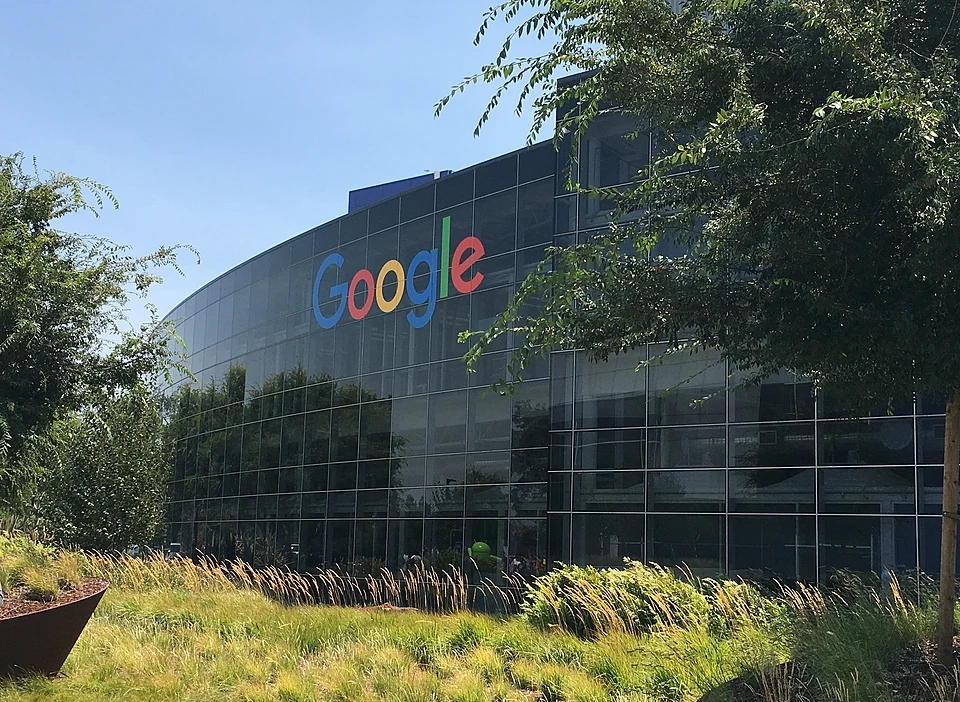When you think of searching for answers online, “Google it” has become the universal response. But Google’s journey from a simple search engine to a tech giant shaping the digital world is a story of innovation, ambition, and global influence. Let’s explore Google’s history and its profound impact on technology.
Early Beginnings: From Garage to Global
Google’s roots trace back to 1996 when Stanford Ph.D. students Larry Page and Sergey Brin launched a research project called “Backrub”. Their idea was to rank web pages based on their relationships and backlinks—a novel approach compared to existing search engines. Two years later, in September 1998, they officially launched Google Inc. from a friend’s garage in Menlo Park, California.
The name “Google” is a play on “googol”, a mathematical term for the number 1 followed by 100 zeros, reflecting the founders’ mission to organise an immense amount of information.
The Search Engine That Changed Everything
In the late 1990s, web search was clunky and ineffective. Google revolutionised the space with its PageRank algorithm, delivering faster, more relevant search results. Quickly, Google became the preferred gateway to the internet, outpacing competitors like Yahoo! and AltaVista.
The minimalist homepage, renowned for its speed and simplicity, set a new standard for user experience. As Google’s search accuracy improved, so did its popularity, and by the early 2000s, “to Google” became synonymous with searching the web.
Growth, Diversification, and Innovation
But Google didn’t stop the search. The company expanded aggressively:
- Advertising: Google AdWords (now Google Ads) launched in 2000, transforming digital advertising. By targeting ads based on user queries, Google created a multi-billion-dollar revenue stream and revolutionised online marketing.
- Gmail: Introduced in 2004, Gmail offered users unprecedented storage and usability, pushing competitors to rethink their email services.
- Maps and Earth: Google Maps and Google Earth changed how people navigate and understand the world, from real-time directions to 3D satellite imagery.
- Android: Acquiring Android in 2005, Google paved the way for the smartphone revolution. Today, Android is the world’s most widely used mobile operating system.
- YouTube: Purchased in 2006, YouTube became the dominant video-sharing platform, transforming media, education, and entertainment.
A Culture of Experimentation
Google is known for its culture of innovation—encouraging employees to devote time to creative projects. This spirit has led to products like Google Docs, Chrome, and Google Drive, each disrupting traditional software models and fostering cloud-based collaboration.
Impact on Technology and Society
Google’s influence extends beyond its own products:
- Information Access: Google democratised access to information, making knowledge available to anyone with an internet connection.
- Cloud Computing: Services like Google Cloud and G Suite have empowered businesses to work more efficiently and collaboratively.
- AI and Machine Learning: Google has invested heavily in AI, with breakthroughs like Google Assistant and DeepMind shaping the future of technology.
- Digital Advertising Ecosystem: Google’s ad platforms have defined the rules of digital marketing and monetisation for countless businesses.
Challenges and Responsibility
With great power comes scrutiny. Google faces ongoing debates around data privacy, antitrust issues, and its role in shaping online content. The company is constantly challenged to balance innovation with ethical responsibility.
Conclusion
From a Stanford dorm room project to a cornerstone of the digital age, Google’s history is a testament to the power of innovation and bold vision. Its impact on technology is undeniable—shaping how we search, communicate, work, and interact with the world. As Google continues to evolve, its story is far from over, promising even greater advancements in the years to come.
Discover more from TheHubBuzz.com
Subscribe to get the latest posts sent to your email.

